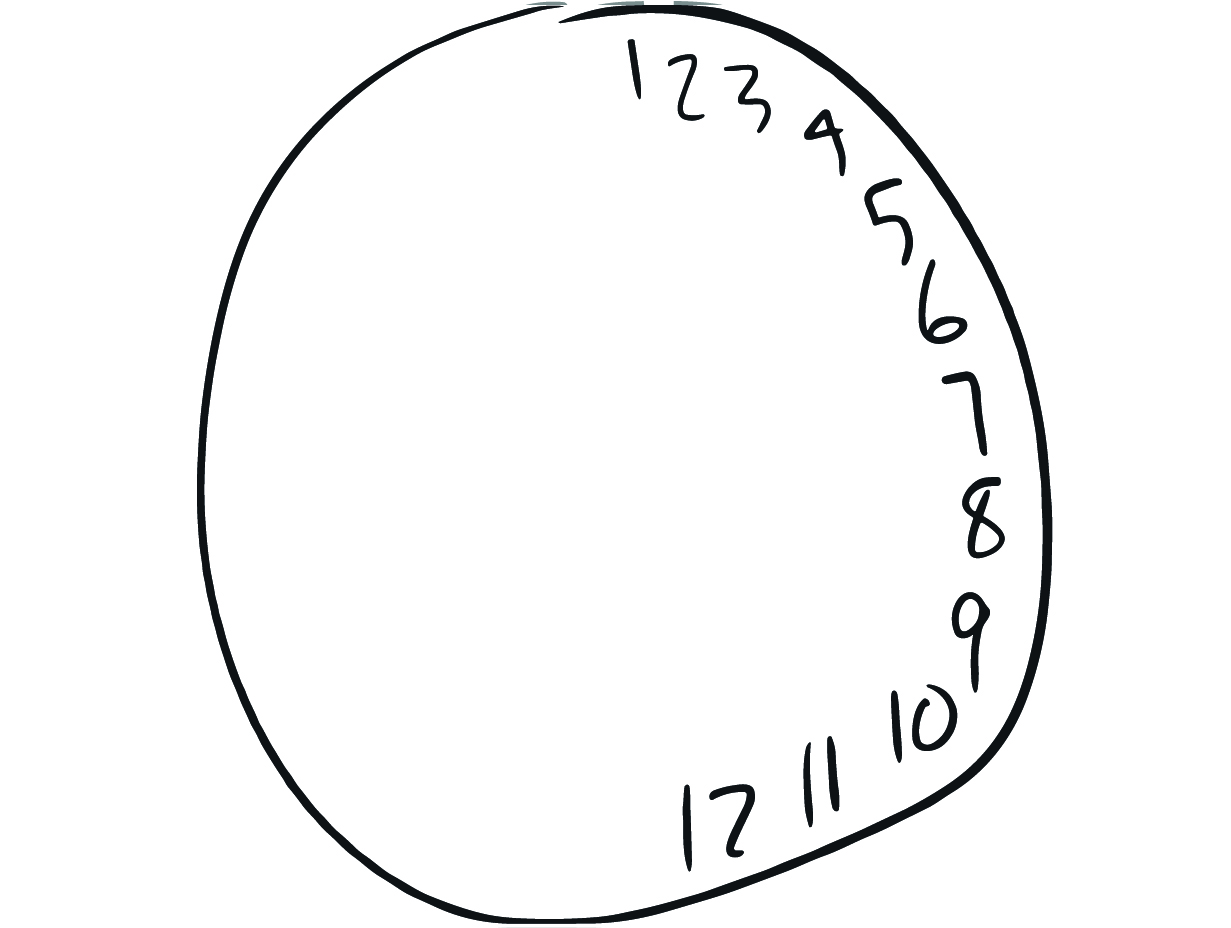“Brain on Fire” – Susannah’s race against time

There is a critical need for early recognition and of encephalitis. The urgency becomes apparent when we explore the real-life experiences chronicled in the book and movie “Brain on Fire – My Month of Madness” by writer, and Encephalitis International Ambassador, Susannah Cahalan.
Encephalitis – an inflammation of the brain, caused either by an infection invading the brain, or through the immune system attacking the brain in error – affects one person every minute globally, yet 77% of the general public worldwide do not know what encephalitis is (77.18%)1
The Journey of Susannah Cahalan
In “Brain on Fire,”, Susannah recounts her harrowing experience with anti-NMDA receptor encephalitis, that initially went undiagnosed. The film adaptation further underscores the importance of early detection, as Susannah’s health deteriorates rapidly, posing a threat to her life. The book and film both serve as a poignant reminder of the critical role time plays when it comes to encephalitis and patient outcomes.
Race Against Time
As Susannah’s symptoms escalate and the medical mystery deepens, the need for a swift and accurate diagnosis becomes increasingly apparent.
After months of misdiagnoses Dr Souhel Najjar, employs a test asking Susannah to draw a clock. Instead of the customary clock face, her condition led her to draw all the numbers 1 through 12 on the right side of the clock. This was the breakthrough moment; it was this clock drawing that enabled Dr Najjar to understand that the right side of Susannah’s brain was inflamed, further test revealed this inflammation was a result of anti-NMDA receptor encephalitis, initiating her path to recovery.
Metaphorically, the clock has come to symbolise the race against time to recognise, diagnose and administer timely treatment for all types of encephalitis.
Susannah says: “Delayed diagnosis of encephalitis almost cost me my life. I’m proud to be part of this appeal and ask for your support to help us better equip healthcare professionals around the world by raising awareness of the condition and supporting accessible information and training on encephalitis.”
Preventing Irreversible Injury: Encephalitis can lead to severe and irreversible injury (acquired brain injury). It is important that investigations are carried out as soon as possible as prompt diagnosis reduces mortality and improves the outcomes.
Alleviating Suffering: Timely recognition not only addresses the physical impact of encephalitis but also alleviates the emotional and psychological suffering experienced by patients and their families.
Don’t Delay. Give Today. is Encephalitis International’s biggest appeal to date. With your support, Encephalitis International aims to raise £40,000 by the 22nd February towards providing training opportunities for medical professionals around the world on the early recognition, diagnosis and treatment of encephalitis. We need your help to develop resources such as accessible, accredited training modules on encephalitis that are available worldwide.
Recognising the importance of time to a person’s survival and recovery from encephalitis, the iconic clock drawn by Susannah during her time in hospital – where doctors were still unsure what the problem was – is emblematic of what the appeal aims to achieve.
Please consider making a donation on our Just Giving page.
